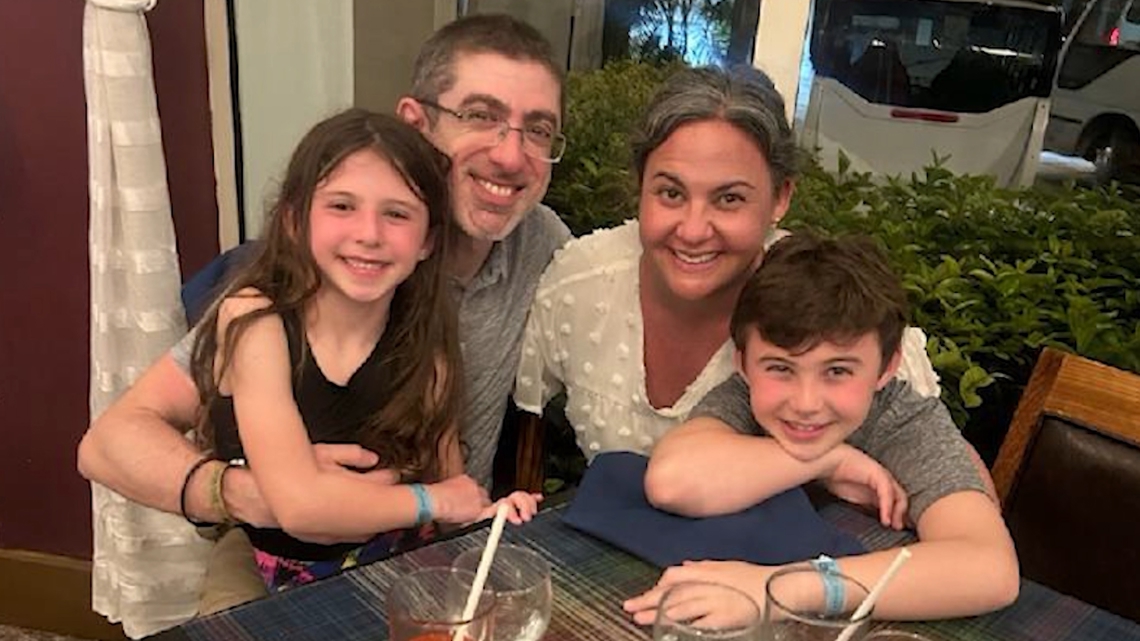
As Father’s Day approaches on June 15, KHOU recognizes mental health obstacles fathers face with a conversation with a doctor.
HOUSTON — As families prepare to celebrate Father’s Day this Sunday, mental health advocates are drawing attention to an often-overlooked issue: paternal postpartum depression.
While many recognize June 15 as Father’s Day, fewer may be aware that the following day—June 16—is Father’s Mental Health Day, a time dedicated to raising awareness about the emotional well-being of dads.
According to research from Postpartum Support International, 1 in 10 fathers experience paternal postpartum depression. That number rises to 1 in 2 when their partner is also struggling with postpartum depression. Despite increasing awareness, only about 25% of affected fathers seek help, according to Dr. David Levine.
Dr. Levine, a pediatrician and father of two, understands the struggle personally. He says that he kept his own symptoms hidden for a long time.
“I did what most men do, and I kept it to myself until I couldn’t keep it in anymore,” Levine said.
Staying silent isn’t the only obstacle fathers face—many also struggle to recognize the emotional symptoms that can come with becoming a new dad. Unlike women, men often do not express their emotional through tears.
“We could be irritable or angry. We could be lashing out. We could become more withdrawn. Men are not really good, American men especially, at talking about how they feel. So we internalize a lot,” Levine said.
Because the symptoms often go unnoticed, spouses and family members play a crucial role in identifying a father in distress.
“We have a dad’s chat with experts that you can speak to anonymously. Your spouse can call and talk for you just to find out what I can do for my partner” Levine said.
Resources, like the anonymous Dad Chat and local mental health support, are available at postpartum.net. Through the site, fathers or their loved ones can connect with trained volunteers who provide proper guidance and assistance.
